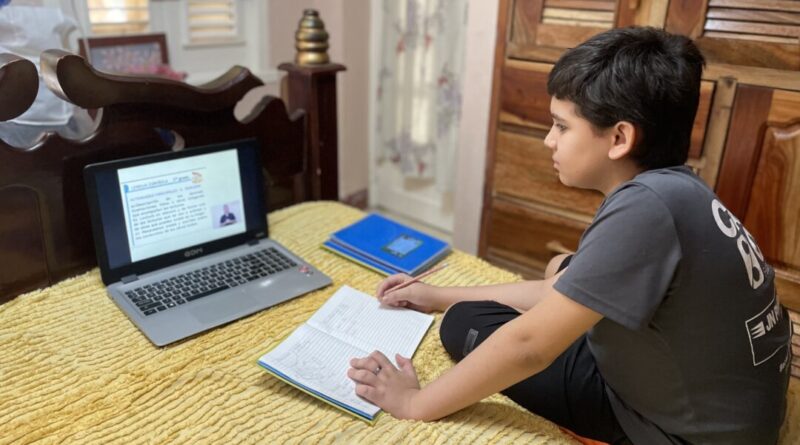Deadline Set by eSafety for Online Industry to Safeguard Children from Pornographic Content
Australia’s internet content regulator has set a deadline of six months for online companies to develop enforceable codes aimed at preventing children from accessing graphic pornography.
In its latest effort to combat pornography and harmful online content, the eSafety Commission has issued notices to key industry members, urging them to create a preliminary draft of the codes by Oct. 3.
Online companies are required to submit the final codes by Dec. 19, covering various services such as apps, websites, search engines, social media platforms, and hosting services.
This mandate also extends to internet service providers, messaging services, online gaming platforms, dating websites, and equipment providers.
The codes will not only address pornography but also address other sensitive content such as themes related to suicide, severe illness, self-harm, and eating disorders.
Additionally, the codes must offer Australian consumers options to control their exposure to certain types of content on the Internet.
eSafety Commissioner Julie Inman Grant expressed concern about children being exposed to pornography at younger ages unintentionally due to the widespread availability of such content online.
She emphasized that online companies play a significant role in protecting children from harmful materials and urged them to implement effective measures to safeguard young users.
eSafety highlighted that companies can enhance their efforts by verifying users’ ages, introducing parental controls, and implementing tools to filter or blur explicit content.
The deadline set by eSafety follows the rollout of guidelines for dealing with harmful online content, prompted by a recent incident in Sydney. The commission requested social media platforms to remove a video of a church stabbing, sparking discussions on freedom of expression in Australia.
During a parliamentary inquiry hearing, Ms. Inman Grant clarified that eSafety does not operate as an online censor, emphasizing the importance of industry cooperation in protecting children online.



